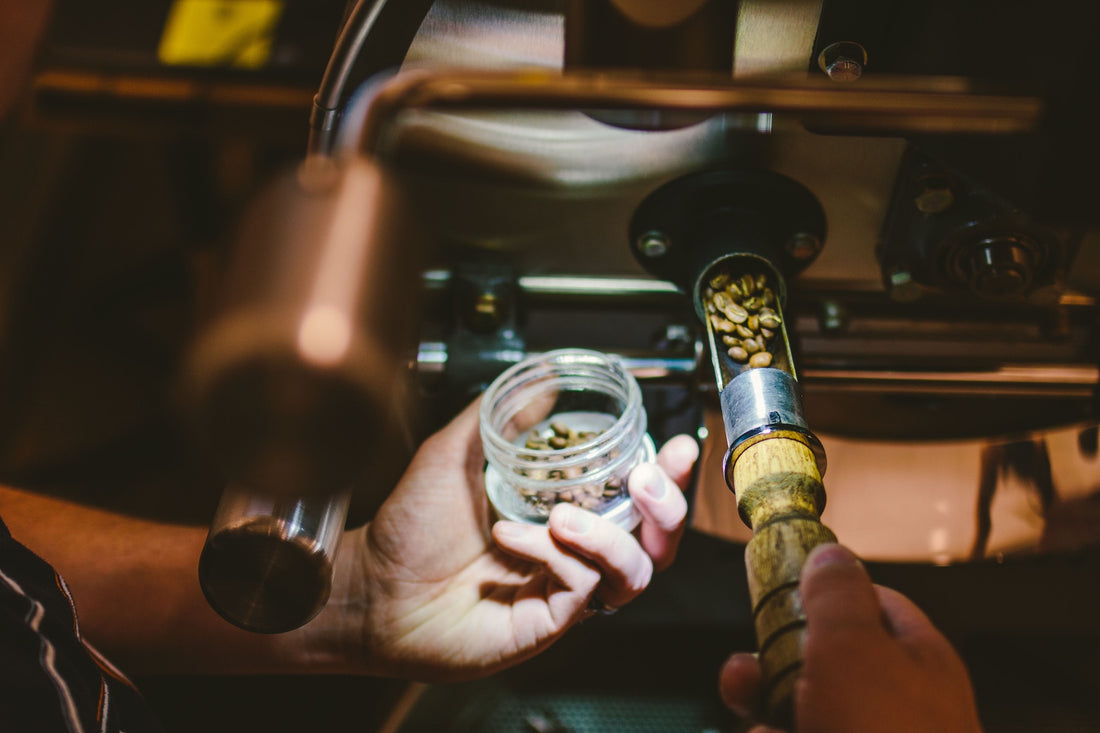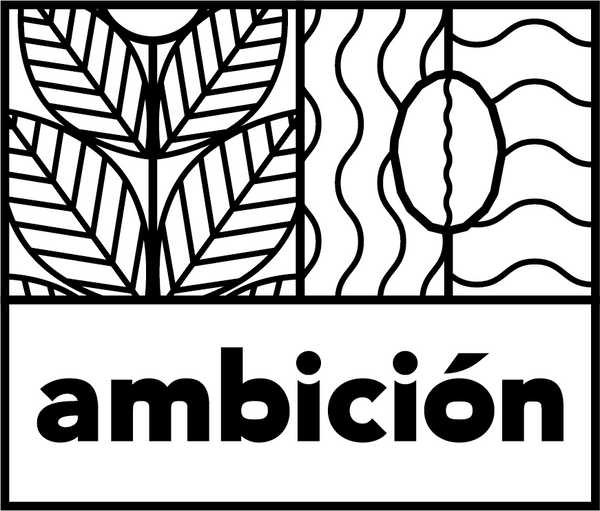
A good coffee sample can conquer the world
Sample roasting plays a crucial role in a coffee roasting business for several reasons:
Quality assessment: Sample roasting allows coffee roasters to assess the quality and characteristics of green coffee beans before committing to a larger roast. By roasting small batches, roasters can identify the flavor profile, acidity, body, aroma and other sensory attributes of the coffee. This helps them make informed decisions about whether the coffee meets their standards and aligns with their desired flavor profiles.
Flavor Development: Sample roasting allows coffee roasters to experiment with different roasting profiles and techniques to bring out the best flavors in the coffee. By varying factors such as roast duration, temperature and air flow, roasters can fine-tune the roast to improve desirable characteristics and minimize undesirable ones. This process helps them create consistent, delicious coffee that appeals to their target market.
Creating Blends: Coffee roasters often create blends by combining beans with complementary flavors and characteristics. Roasting the samples allows them to evaluate the individual components of the blend and determine the optimal roast for each. By roasting samples of each bean separately, they can assess their contribution to the overall flavor profile and make adjustments as necessary.
Quality Control: Sample roasting serves as a quality control measure to ensure that the roasted coffee meets the desired standards. It helps identify defects, inconsistencies or other issues that may affect the quality of the final product. By detecting potential problems early, roasters can take corrective action and avoid wasting time and resources on large-scale roasting.
Customer Satisfaction: Sample roasting is essential to ensure customer satisfaction. By carefully selecting and roasting samples, coffee roasters can offer consistent, high-quality products to their customers. They can also use sample roasting to gather customer feedback and make necessary adjustments to their roasting processes or sourcing strategies based on customer preferences.
Overall, sample roasting is a critical step in the coffee roasting industry, allowing roasters to assess quality, develop flavors, create blends, maintain quality control and , ultimately, to provide customers with exceptional coffee experiences.
Quality assessment: Sample roasting allows coffee roasters to assess the quality and characteristics of green coffee beans before committing to a larger roast. By roasting small batches, roasters can identify the flavor profile, acidity, body, aroma and other sensory attributes of the coffee. This helps them make informed decisions about whether the coffee meets their standards and aligns with their desired flavor profiles.
Flavor Development: Sample roasting allows coffee roasters to experiment with different roasting profiles and techniques to bring out the best flavors in the coffee. By varying factors such as roast duration, temperature and air flow, roasters can fine-tune the roast to improve desirable characteristics and minimize undesirable ones. This process helps them create consistent, delicious coffee that appeals to their target market.
Creating Blends: Coffee roasters often create blends by combining beans with complementary flavors and characteristics. Roasting the samples allows them to evaluate the individual components of the blend and determine the optimal roast for each. By roasting samples of each bean separately, they can assess their contribution to the overall flavor profile and make adjustments as necessary.
Quality Control: Sample roasting serves as a quality control measure to ensure that the roasted coffee meets the desired standards. It helps identify defects, inconsistencies or other issues that may affect the quality of the final product. By detecting potential problems early, roasters can take corrective action and avoid wasting time and resources on large-scale roasting.
Customer Satisfaction: Sample roasting is essential to ensure customer satisfaction. By carefully selecting and roasting samples, coffee roasters can offer consistent, high-quality products to their customers. They can also use sample roasting to gather customer feedback and make necessary adjustments to their roasting processes or sourcing strategies based on customer preferences.
Overall, sample roasting is a critical step in the coffee roasting industry, allowing roasters to assess quality, develop flavors, create blends, maintain quality control and , ultimately, to provide customers with exceptional coffee experiences.
